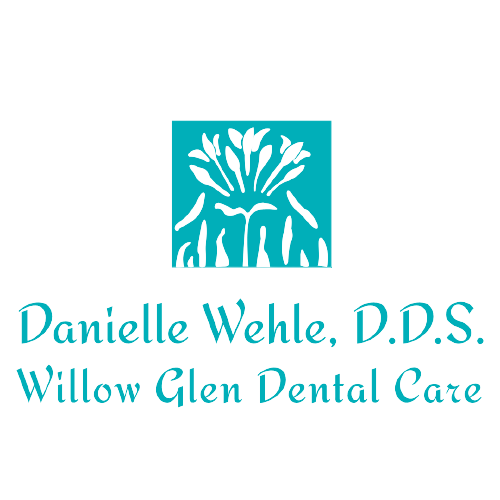Gingivitis is an inflammation of the gums. This is generally a reversible condition and is signified by red, swollen gums that may bleed easily. Gingivitis is a mild form of gum disease, but if left untreated, it may progress to periodontitis.
Poor Oral Hygiene
If you do not brush and floss your teeth regularly, plaque can build up and cause gum disease. Plaque is a sticky film of bacteria that sticks to your teeth and causes tooth decay. Regular brushing is important to remove plaque from your teeth and keep it from building up in the crevice between the teeth and gums. Flossing is also essential to removing food that is stuck between teeth and along the gum line. Without proper dental care, plaque can build up and lead to some form of gum disease.
Tobacco Use
Tobacco use is the leading cause of gum disease, according to the CDC. Smoking cigarettes and chewing tobacco are both linked to gum recession and the development of oral lesions such as leukoplakias and cancers of the mouth, tongue, cheeks, gums, lips, and throat. In addition, tobacco use is linked with tooth decay, bad breath, and many other oral health issues. If you smoke or use other tobacco products, consider quitting as soon as possible. Talk to your dentist about resources to help you quit.
Genetics
Some patients may be genetically predisposed to gum disease even without practicing poor oral care habits. However, if a patient's genes do work against them, this does not mean that they have to resign themselves to tooth loss and gum recession. There are some genetic factors that can increase a person's risk of periodontal disease, but there are also a number of ways that patients can reduce their risk through proper dental care routines.
Hormonal Changes
Your hormones go up and down, and these hormonal fluctuations can lead to gum disease. This can happen during your teenage years or after menopause.
During puberty, your hormone levels increase significantly. This can lead to the gums becoming inflamed, which can make them more likely to bleed when you brush. Braces can make the problem worse as well. Teenage girls are more likely to have gum disease than teenage boys.
Hormone levels also typically decrease during menopause. The decrease in estrogen can cause inflammation in the gum tissues. This makes your gums more likely to become infected because of poor oral hygiene.
Get in touch with Willow Glen Dental Care at 1600 Willow St, Suite 203, San Jose, CA 95125, or call (408) 978-0911 to learn more about dental services.
More Blog Posts
Office Hours
MON8:00 am - 3:00 pm
TUE - THU8:00 am - 5:00 pm
FRI - SUNClosed






